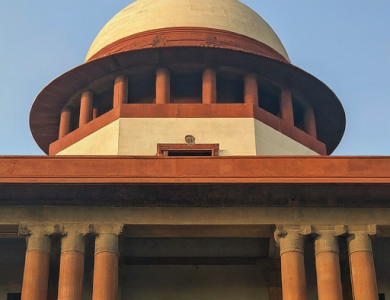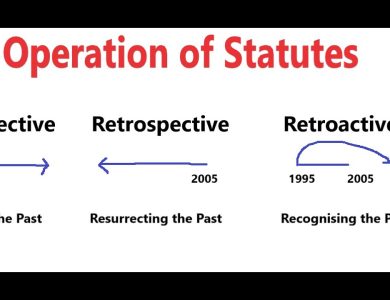What is Indirect Tax?You Must Read Full new Bountiful info about 7 Indirect Taxes
which tax is an indirect tax

The indirect taxes are the levies made by Central and State government on the expenditure, consumption, services, rights and privileges yet not on the property or income. This includes duties of customs paid on imports, as well as excise duty paid on production and value added tax on certain stages of production and distribution of products etc.
All these comprise to make indirect taxes since they are not directly applicable on the consumer’s income. Considering that indirect taxes are less as compared to income tax due to invisibility on pay slip, various state agencies tend to raise these taxes so as to generate higher revenue. Indirect tax is often also known as the consumption tax, since they are a regressive measure in application, and not rooted in paying ability.
Goods and Services Tax:
The law on GST was brought to action in July 2017, with 17 indirect taxes under its purview. All major services and service tax has been subsumed under the GST-
On the state level:
- State excise duty
- Additional excise duty
- Service tax
- Countervailing duty
- Special additional custom duties
At the central level, it covers:
- Sales Tax
- Entertainment Tax
- Central sales Tax
- Octroi and entry Tax
- Purchase Tax
- Luxury Tax
- Taxes on lottery gambling and betting
- Levies on products outside GST purview:
Taxes on products that use alcohol and petroleum products.
Sales Tax:
The tax levied on the sales of goods. The Union Government imposes this sales tax on the Inter-State sale, while the sale tax on Intra-state sale is levied by the State Government. This tax has a three-segment bifurcation along
- Inter-State Sale
- Sale during import/export
- Intra-State Sale
Service Tax:
Service tax are indirect indices which taxpayers pay on various paid services. These paid services include-
- Telephone
- Tour operator
- Architect
- Interior decorator
- Advertising
- Health centre
- Banking and financial service
- Event management
- Maintenance service
- Consultancy service
- Service tax interest is 15%
Value Added Tax:
The state governments collect this category of taxes. For instance, when a person buys a product that it is important, we pay an additional tax known as Value Added Tax. Paid to the government, the VAT has a rate that is composed along nature of item and respective state of sale.
Custom Duty and Octroi Tax:
Levied upon goods imported into the country from abroad. The tax of custom duty is paid at the entry port of a country such as the airport. The rate of taxation is variable as per product’s nature. Octroi is charged upon the goods entering a municipal zone.
Excise Duty:
Excise duty is an indirect tax form that is charged on the goods produced inside a country. This duty is different from the custom duty. This is also known as CVAT, or Central Value Added Tax.
Anti-Dumping Duty:
This is levied upon goods that are exported at a rate less than the standard rate by the nation to some other nation. This tax is levied upon by the Central government.
Newly Implemented Indirect Tax (GST)
GST is a highly regarded tax system for the country. It is amongst the latest indirect tax systems operating under the constitution of India. The importance of this taxation regime lies in the fact that it covers under itself various other indirect taxes operating inside the country. This tax regime has been brought in mark a change in the economy of the country and to lessen the cascading effects from tax duties that deliver overall market inflation.
Features of Indirect Taxes
- Payment and Tax Load – The service provider makes payment of indirect taxes and this is transferred to a final consumer.
- Liability of Tax – Here the seller or service provider makes payment on indirect taxes which are transferred to final consumer.
- Nature – Initially, indirect taxes used to have a regressive nature. Yet, now with the coming of GST, they have become quite progressive.
- Evasion – Indirect taxes are hard to evade due to direct implementation through goods and services.
- Investment and Saving – Most indirect taxes are largely growth-oriented since they de-motivate the consumer and encourage savings.
- Social Coverage – The indirect tax has a much larger coverage since their charge falls upon each individual buying products or services.
Advantages Of Indirect Taxes
- Contribution by the poor
Poor folk are outside the purview of direct taxes and this is the only way that this section of the society contributes. This goes along the basic principle of giving every person a share towards the growth of the country using state governments.
- Convenient
Taxpayers are saved from indirect taxes since they are paid while buying things. Also, it is easy for state authorities to gather this tax since they are direct upon collection from the factories / ports, saving effort and time.
- Easy collection
Gathering these taxes is an automatic function performed when purchasing and selling goods and services.








